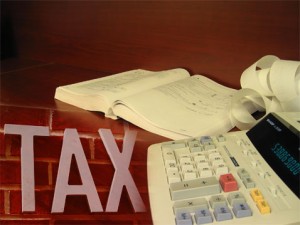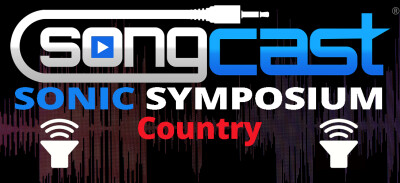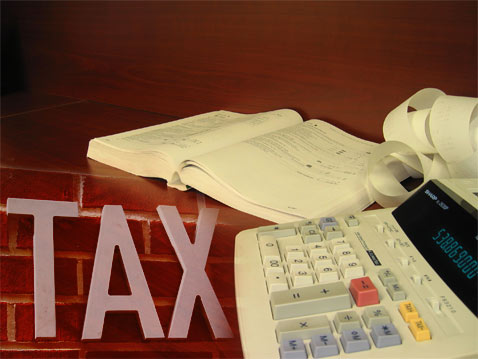 Many independent acts don’t pay much attention to taxes, because they think they don’t make enough money performing to warrant it. They get paid in cash for most gigs and no paperwork is ever filled out. No thought is given to the taxman. But then, you’re asked to fill out and sign a form or two for big gig. No big deal, you fill them out and forget about it. You start getting similar gigs and the same thing happens. The money — paid by check — is better than other gigs and you’re happy. But shortly after the first of the year, some official-looking envelopes with forms inside begin arriving in your mailbox.”What the heck are these things?” you ask.
Many independent acts don’t pay much attention to taxes, because they think they don’t make enough money performing to warrant it. They get paid in cash for most gigs and no paperwork is ever filled out. No thought is given to the taxman. But then, you’re asked to fill out and sign a form or two for big gig. No big deal, you fill them out and forget about it. You start getting similar gigs and the same thing happens. The money — paid by check — is better than other gigs and you’re happy. But shortly after the first of the year, some official-looking envelopes with forms inside begin arriving in your mailbox.”What the heck are these things?” you ask.
Upon closer examination, you realize they’re related to those awesome gigs you had last year — and they’re tax forms. You remember tax forms from your days as a fry cook at Burger Town, but those always had “W-2” printed on them. These have the numbers 1099 on them. What are you supposed to do with these?!
Well, you’re supposed to pay any taxes you owe, that’s what. Unlike a W-2 form, where it shows taxes that have already been taken out of your paycheck, a 1099 reports income paid to an independent contractor (you) by the one who hired the contractor (the venue you played). You were basically given a paycheck with no taxes taken out, so it’s up to you to determine what you owe Uncle Sam.
Welcome to the world of serious freelancing. If you only make a few hundred dollars a year as a indie musician, that’s a hobby. If you’re getting to the point where you’re making a full-time living at it, that’s a job. And people with jobs file their taxes.
An important step, if you’ve reached a point in your music career where you have enough income, or are paying out enough income to others — beyond a few hundred dollars a year — is to get a federal taxpayer ID number (different from your social security number!) to use on tax forms related to your music income. You’re a business now — check with your state and local governments to see if you’re required to have a business license, though it’s a good idea to go ahead and get one anyway,
especially if you’re truly making a living from your music and paying people who play or work for you.
Other important tax steps for indie musicians now in business for themselves:
Open a business account with your bank. It’s important to keep personal and business expenses separate.
Keep receipts of everything you buy, from gas to gear to computer equipment, so you can deduct business expenses on the appropriate forms.
Be prepared to fill out W-9 forms and give your tax ID number to venues that require it. Most clubs don’t do this, but many larger venues and festivals do.
If your a band leader who pays other musicians, you’ll have to get them to fill out a W-9 and send them a 1099 form, along with reporting all this to the IRS. It’s best to contact the IRS with any questions about proper forms, filing procedures and hire an accountant familiar with the tax issues DIY musicians face. And, most importantly — disclaimer alert! — consult with a certified tax attorney before taking any advice you read in this, or any other, blog.












































Comments
No comment